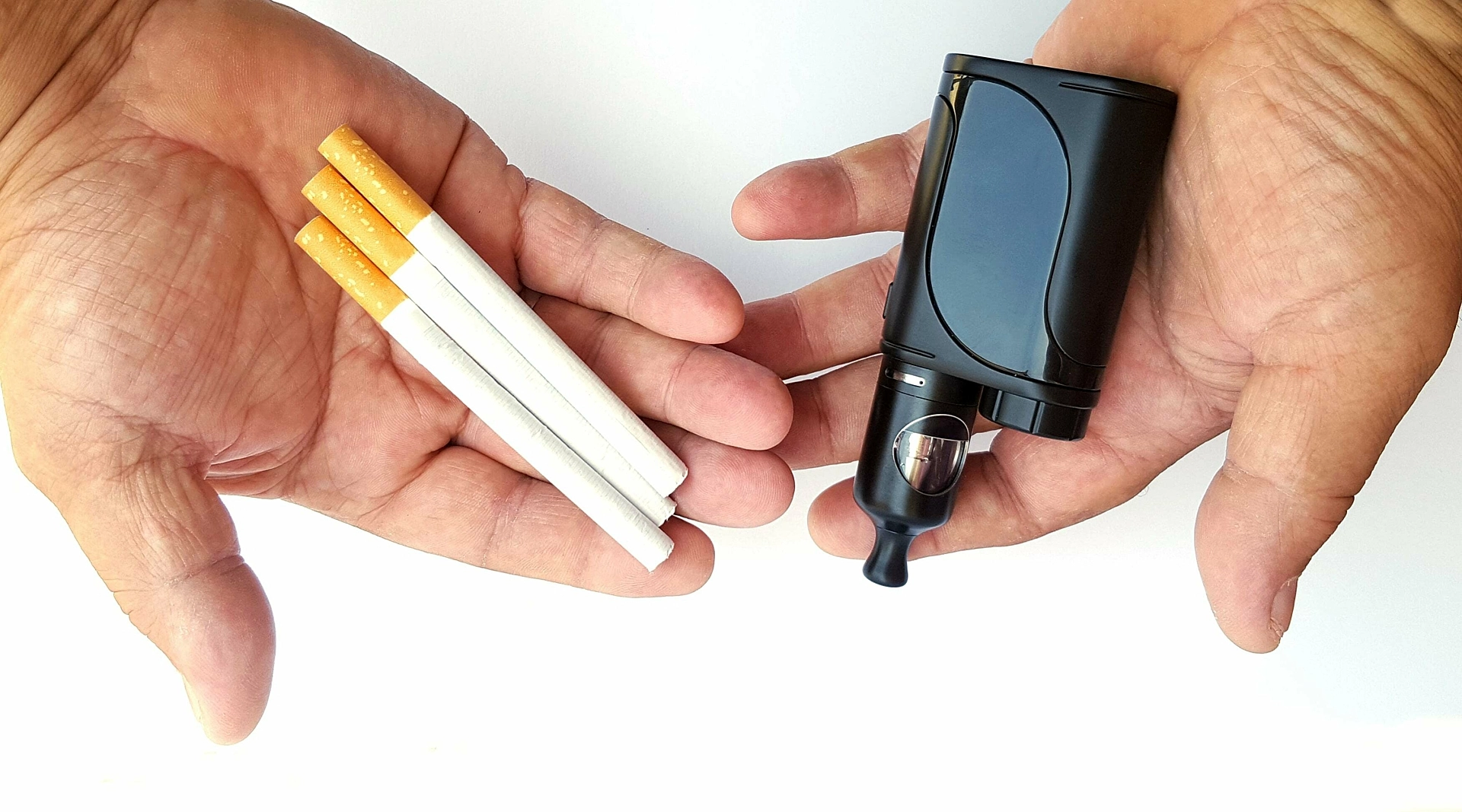Smoking and vaping will be banned in a range of outdoor public places including near schools, shopping centres, buildings and children’s sporting grounds, under a bold new plan to curb smoking and e-cigarette use in South Australia and better protect people from dangerous second-hand effects.
The proposed tough new laws to stub out smoking are part of an ambitious strategy by the Malinauskas Labor Government, aimed at achieving the lowest rate of smoking and e-cigarette use nationally within the next five years.
The regulations, which the Government is now consulting on, would significantly increase the number of outdoor places in SA where smoking and vaping is banned, in addition to the current smoke-free laws in outdoor dining areas, playgrounds and public transport shelters.
This comes as new research from SAHMRI, led by Professor Caroline Miller, shows that South Australia reached a daily smoking rate of 8.2 per cent in 2022.
There has also been a significant increase in e-cigarette or vape use, particularly among young people, with data showing the percentage of people aged 15 to 29 using e-cigarettes (daily, weekly or less than weekly) increased to 7.8 per cent in 2022, from 1.1 per cent in 2017.
Smoking is the single biggest cause of preventable death and disease in Australia and Professor Miller says more needs to be done to cut the deadly habit and protect others from passive smoking.
“Smoking causes great harm in the community and the rising prevalence of vaping especially among young people is particularly concerning,” Prof Miller said.
“I applaud the State Government for developing an ambitious and comprehensive strategy to drive down smoking and vaping rates in South Australia,” Prof Miller said.
Other states already ban smoking and vaping in many public places, but the State Government’s plan will result in the most comprehensive smoke-free laws in Australia.
The Government is also proposing to outlaw cigarette vending machines in licenced venues and increase penalties for selling to minors.
These tough initiatives are the first in a series of announcements the Government will make in coming weeks to crack down on the use and supply of tobacco and e-cigarettes in SA.
The state’s new Tobacco Control Strategy 2023-27 includes a range of programs and initiatives to drive down the prevalence of smoking in South Australians aged 15 and over to six per cent by 2027, the most ambitious target in the country.
The strategy sets out a vision to support the reduction in daily smoking and address the increasing use of e-cigarettes through measures such as media campaigns, evidence-based quitting services, product and sale regulation, and strong enforcement of tobacco and e-cigarette laws.
It includes a commitment to protect children and young people, and prioritises reducing smoking in high prevalence groups, particularly Aboriginal communities, people with mental illness and people living in lower socio-economic communities.
The proposed new laws would ban smoking and vaping in the following outdoor areas:
- Within ten metres of children’s education and child-care centres, including schools
- Within five metres of non-residential building entrances, such as entrances to shopping centres, government and commercial buildings
- At public hospitals and health facilities (including aged care facilities) and private hospitals, and within five metres of their boundaries
- Within outdoor public swimming facilities
- At major sports or events facilities
- At or within ten metres of playing and viewing areas during organised under-18 years sporting events
- On beaches within fifty metres of patrol flags and under and within five metres of jetties.
Currently, individual site policies might restrict smoking at some of these areas, but they are not bound by law and might not cover vaping. The existing policies often apply only to the site itself, not the surrounding area.
Legislating the bans would also allow fines to be applied for non-compliance. The maximum penalty is $750 for a prosecution and $105 for a fine.
“Any actions to protect young people from addiction, to better educate people on the dangers of smoking and vaping and encourage South Australians to quit, or better yet, not start, are welcome,” Prof Miller said.




